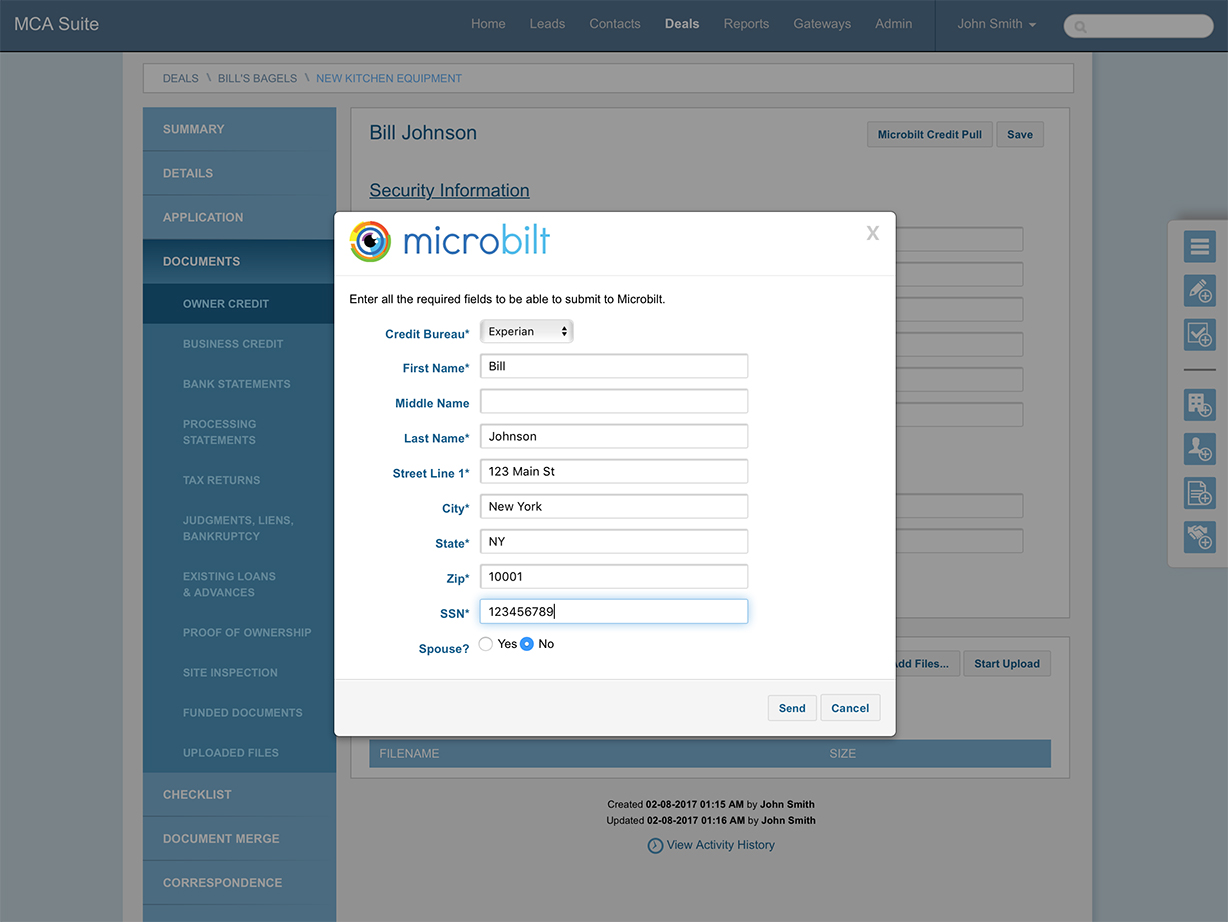

Items like your passport, medical directive, a copy of your will, and a copy of your powers of attorney may be needed in an emergency and are better kept in a secure location, such as a fireproof home safe. Since access to a safe deposit box is limited to banking hours, it's best not to put anything in your box that you might need in a hurry. coin or stamp collections), and family keepsakes. Financially and/or sentimentally valuable jewelry, collectibles (e.g.Important business papers, records, and contracts.An inventory of your home's contents, in case you need to file a claim with your homeowner's insurance policy in the event of theft, fire or natural disaster.Savings Bonds), if you have any (most are issued electronically these days) Paper stock and bond certificates (including U.S.Sensitive documents you would not want roommates, children, relatives, and visitors to stumble across.Copies - but not the only copies - of wills and powers of attorney.Personal papers, such as original birth certificates, adoption papers, marriage licenses, and citizenship papers.

Safe deposit boxes are a good place to keep hard-to-replace items that you won't need frequent access to, including those mentioned below. The annual rental fee varies based on the box's size (see fee chart below). These boxes can be rented by bank customers for a fee to safely store their business or personal documents and other valuables. Ankeny/Des Moines Metro Commercial LoansĪre you taking advantage of all the banking conveniences First National Bank has to offer? Simplify Your BankingĪ safe deposit box is a locked and secure metal container that is kept in the bank vault.


 0 kommentar(er)
0 kommentar(er)
